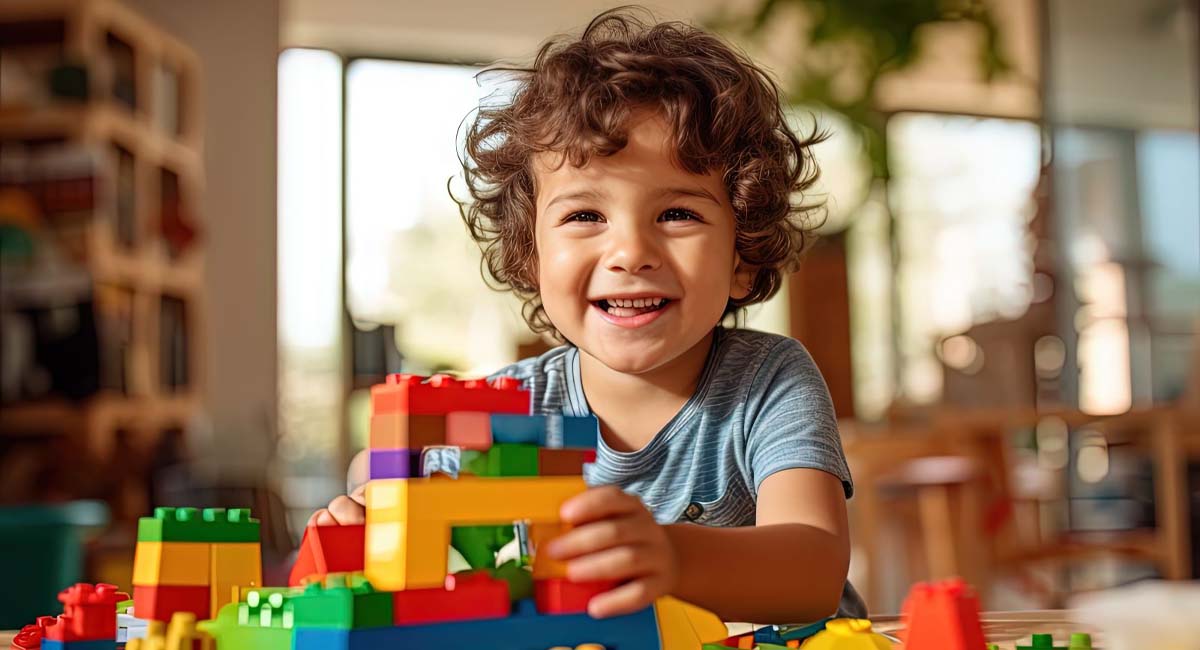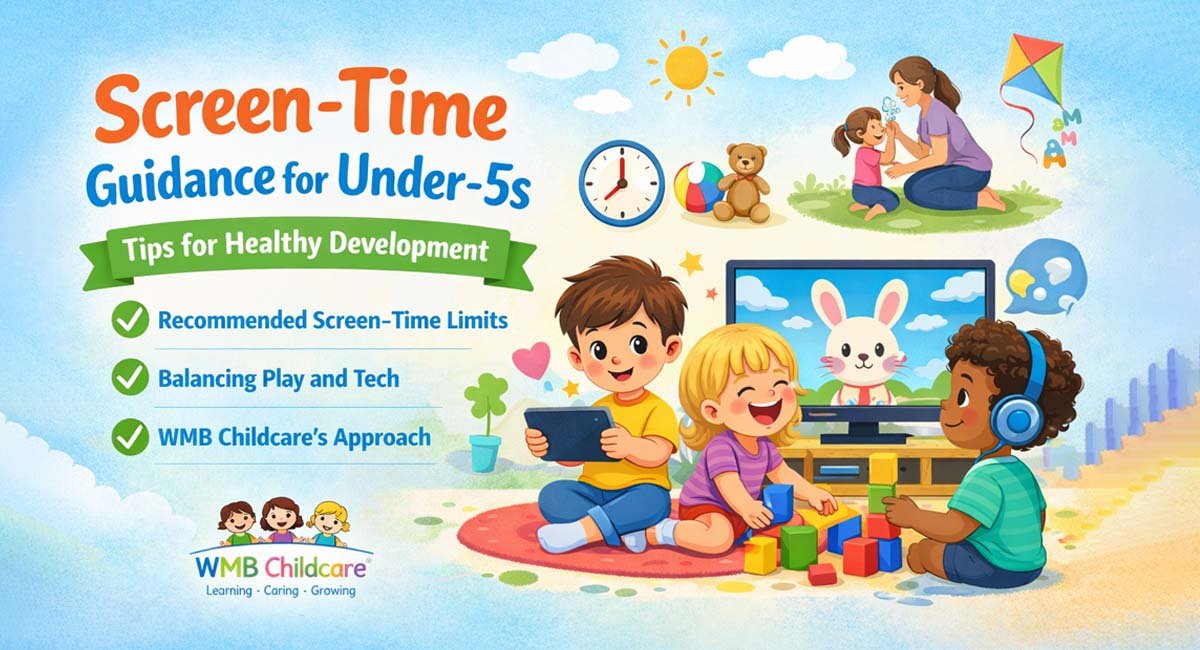Fostering Development Through Playtime at Home
Play is not just a pastime for children; it’s a vital component of their development. As parents, we have the opportunity to harness the power of play to stimulate our children’s physical, cognitive, and emotional growth right in the comfort of our own homes.
Here are some tips for incorporating meaningful playtime at home:
1. Create a Play-Friendly Environment:
Designate a space in your home where your child can play freely and safely. Keep toys, games, and art supplies within reach, and encourage exploration and creativity.
2. Follow Your Child's Lead:
Pay attention to your child’s interests and preferences, and tailor play activities to match their unique strengths and curiosities. Whether it’s building with blocks, pretending to be superheroes, or painting masterpieces, follow their lead and join in the fun.
3. Promote Imaginative Play:
Encourage your child to use their imagination and creativity during playtime. Provide dress-up clothes, puppets, and other props to inspire imaginative scenarios and storytelling.
4. Incorporate Learning Opportunities:
Use playtime as a way to introduce educational concepts in a fun and engaging way. Count blocks, identify colours, or explore nature in your backyard—turn everyday experiences into opportunities for learning and discovery.
5. Encourage Social Interaction:
Arrange playdates with other children or involve siblings in playtime activities to promote social skills such as sharing, cooperation, and empathy. Engaging in group play also fosters communication and teamwork.
6. Embrace Outdoor Play:
Take advantage of outdoor spaces like parks, playgrounds, or your backyard for unstructured playtime in nature. Outdoor play not only provides physical exercise but also stimulates creativity and sensory exploration.
7. Limit Screen Time:
While technology has its place, it’s important to set limits on screen time and prioritize hands-on, active play. Encourage activities that engage your child’s senses and promote physical movement and interaction with the world around them.
8. Be Present and Engaged:
Use playtime as an opportunity to connect with your child on a deeper level. Put away distractions like phones and tablets, and fully immerse yourself in the moment, enjoying quality time together.
By prioritizing playtime at home, parents can support their children’s development in countless ways, from fostering creativity and problem-solving skills to promoting social-emotional intelligence and physical well-being. So, let’s embrace the power of play and create joyful, enriching experiences for our children that will last a lifetime.








